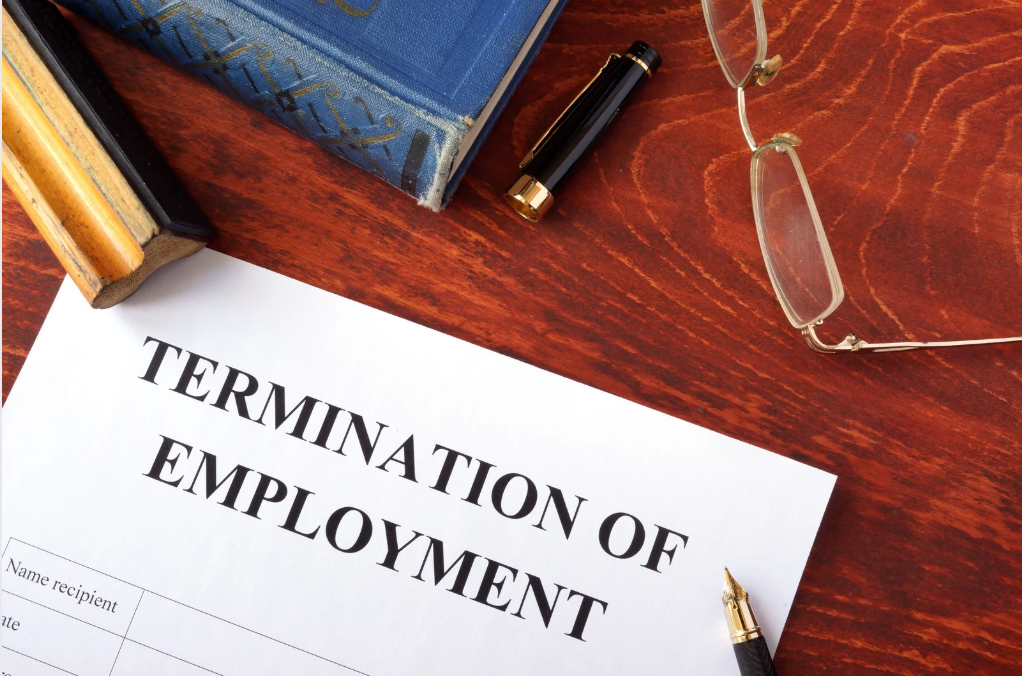Understanding Severance Agreements: What You Should Know Before Signing
When leaving a company employees are typically offered severance packages, a collection of benefits and compensation that help them in their financial transition. Signing these contracts without fully understanding them can have lasting legal and financial consequences. At the Gould Firm, we strive to equip you with the knowledge and tools you need to fully understand your severance package and the key factors to consider before signing. We recognize that it can be difficult to fully grasp the grounds you may have to challenge your termination or the severance package you’ve been offered, but our attorneys are equipped to guide you through the process, ensuring that your rights are protected, and you receive fair treatment.
What is a Severance Agreement?
A severance agreement is a legal contract between an employer and an employee outlining the terms of the employee’s departure. It will typically cover the rights and responsibilities of each party involved. These agreements often include:
- Monetary compensation: a lump sum or continued salary payments.
- Benefits: Extended health insurance or paid time off.
- Other provisions: Non-disclosure agreements or job placement assistance.
It’s important to review these terms carefully, as what may appear generous on the surface is not always as favorable as it seems.
Why You Should Review Severance Agreements Carefully
If an employee does not read a severance agreement carefully, they could be waiving their legal rights, such as the ability to sue for wrongful termination or discrimination, as employers may try to limit their liability by including clauses that release them from future claims. Likewise, these may include non-competing or non-disclosure agreements, which can limit your future job prospects or restrict what you can say about your employment.
Key Elements to Consider Before Signing
Here are some questions and elements you should consider asking yourself before signing.
- Severance Pay: Is the compensation fair given how long you have worked there and the reason for your departure?
- Health and Benefits Continuation: How long will your benefits, like health insurance last and will they continue for a set period?
- Unemployment Eligibility: Will accepting this severance package affect your eligibility for unemployment benefits?
- Legal Rights Waiver: Are you giving up the right to pursue claims, such as wrongful termination or discrimination lawsuits?
- Non-Compete agreements: Does the agreement unfairly restrict your ability to work in your field? Ensure that the agreement does not restrict in this way.
What to Do if You Don’t Agree with Terms
- Negotiate: You have a right to negotiate the agreements and are often able to do so. You may be able to secure better terms, such as higher severance pay, extended health benefits, or more favorable non-compete clauses.
- Consult an Attorney: You’ll want an attorney to review the agreement before signing. As they will be able to help identify any unfavorable terms and advise you on the best course of action.
- Take Your Time: Please take your time and do not rush over reading the agreement. It’s important to consider everything stated.
Legal Implications of Signing a Severance Agreement
It’s crucial you fully understand all the consequences before finalizing the agreement with your employer. Once you sign the severance agreement, it becomes legally binding. Therefore, you may have waived your right to pursue claims for any issues like unpaid wages.
How the Gould Firm can Help
Severance agreements can provide a sense of financial relief, but as an employee you need to be aware of any strings that come attached to them. That’s why it’s essential to always review these agreements carefully, seek legal advice, and ensure you understand your rights before signing. The Gould Firm’s employment law attorneys can offer you a range of ideas or services to assist you in obtaining a better package. We will review and help you negotiate your severance agreements to guarantee your rights are protected. In certain situations, a consultation with an attorney can provide you with the necessary guidance on your rights, enabling you to make informed decisions about how to address your employer. In other instances, we may engage in employment mediation, arbitration, or negotiation to secure a severance package that accurately reflects your true value as an employee. No matter what steps we at the Gould Firm take, our commitment remains the same: to advocate for your rights and make certain you receive fair compensation.










